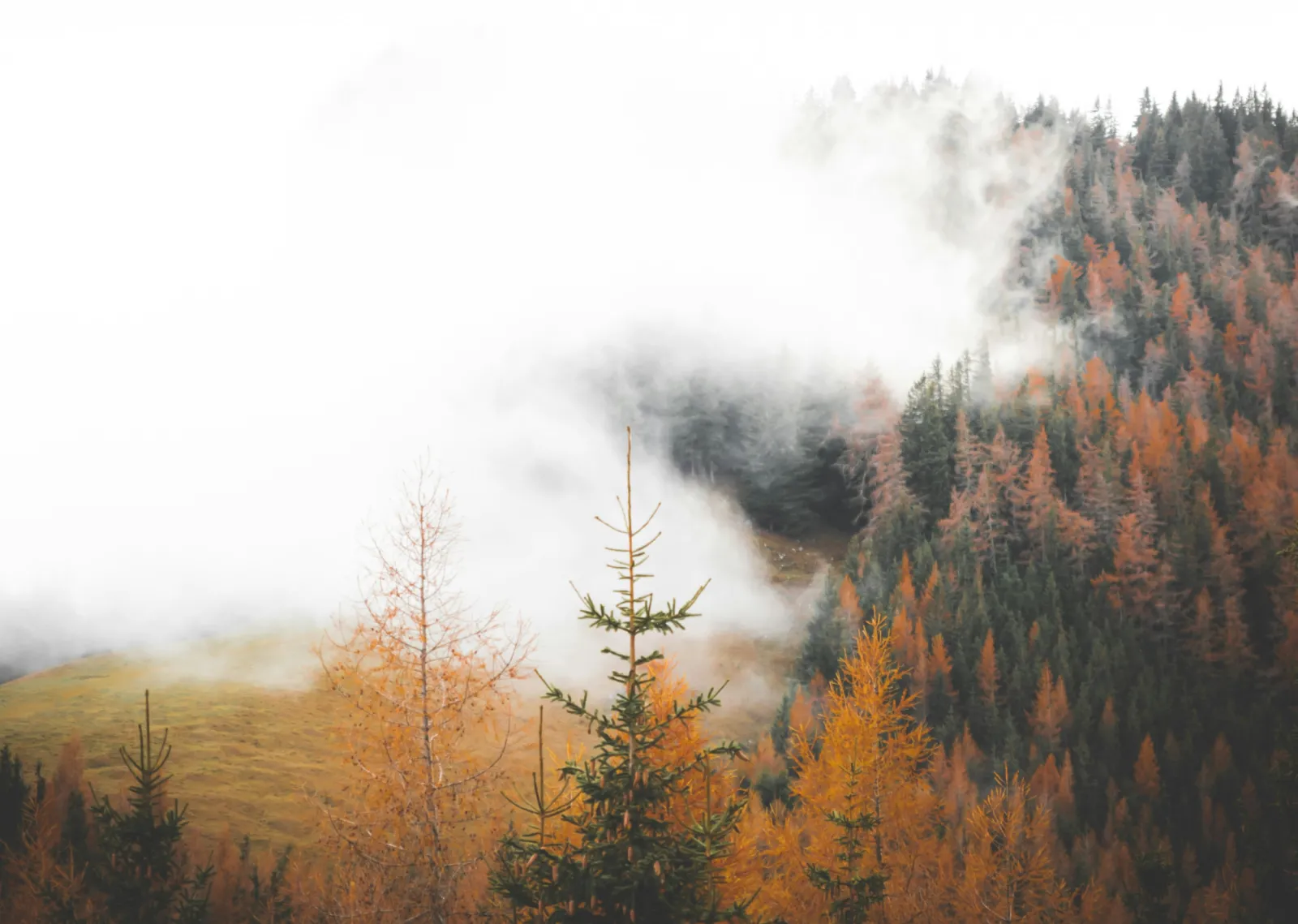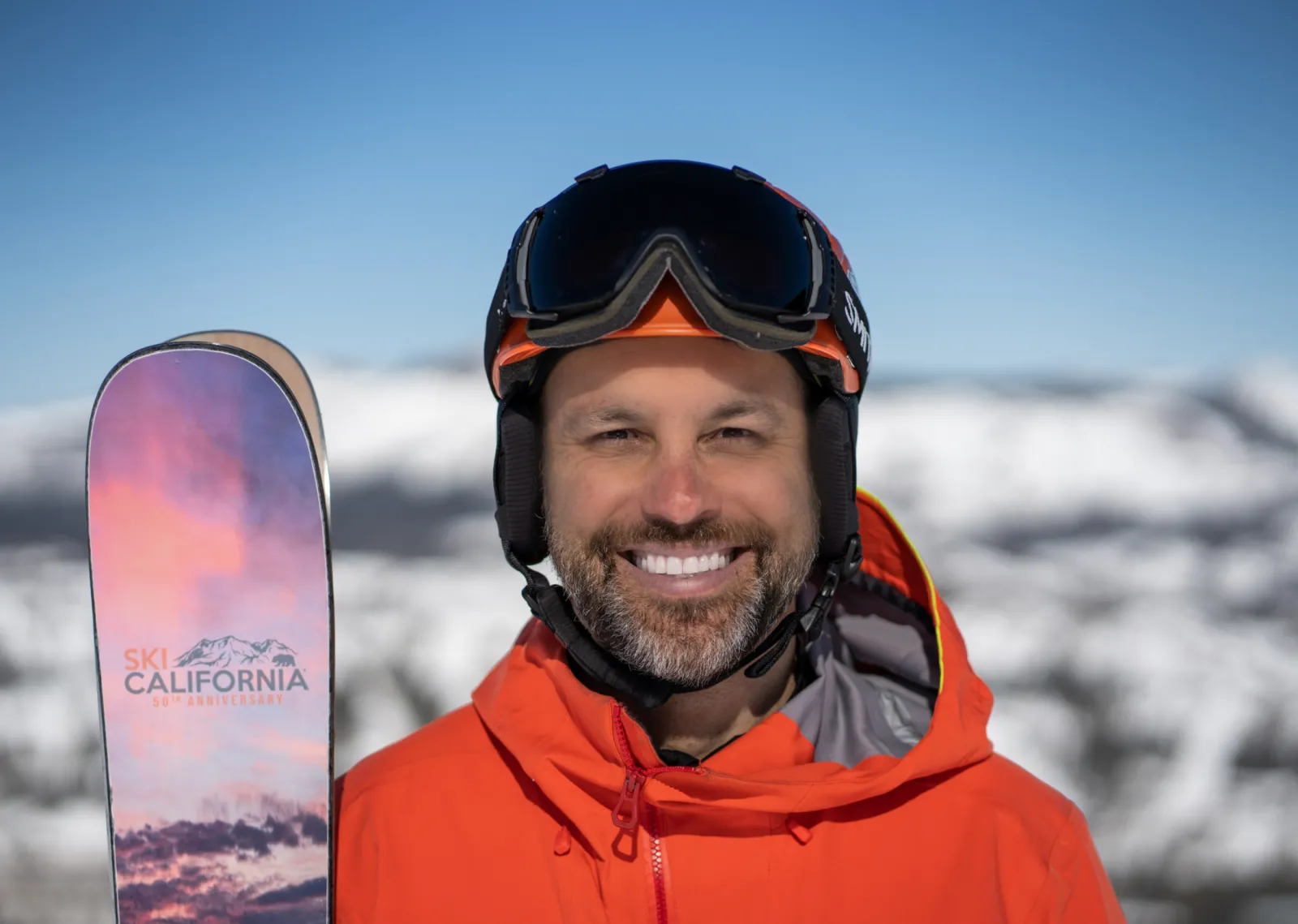One good turn: How one pro skier is fighting climate change one turn at a time
As a professional skier whose job involved frequent international travel, lots and lots of heli drops, and a seemingly endless river of gear, Greg Hill knew he was living the dream. But as someone with a deep appreciation for the natural world, as well as two young children whose future is largely dependent on his generation’s willingness to address climate change, Hill knew something else, too: He was living a contradiction. All of his high alpine cavorting in distant lands was taking a toll, both on the plant, and on his personal sense of integrity.
Rather than switch careers, Hill embarked on an experiment: Could he remain a professional skier, while also becoming an ambassador for a new, more environmentally sound way of accessing the outdoors? Could he show others it was possible to access the places they love without harming the places they love? We sat down with Hill to learn more about his shift from high-flying, big mountain skiing icon to a more ecological approach rooted in electric and human power, and also to get his thoughts on what the outdoor industry can do to save what we love before it’s too late.
Talk a bit about how you decided to make the transition to more sustainable ways of accessing the outdoors.
Well, there was always a bit of guilt, honestly. When you wake up in the morning and fire up your F350 and drive 50 kilometers to unload your sled and then ride for an hour to access good terrain, it’s pretty hard to fool yourself into thinking you’re not part of the problem. And there comes a point where you have to grapple with the truth that you’re killing the very thing you love. At least, that’s what happened for me.
A lot of this seemed to start with your successful quest to ski two million vertical feet under your own power in a single year.
Yeah, that was in 2010, and shortly after that, I decided to see if I could go a month without fossil fuels. I bought a road bike and set it up with a BOB trailer to haul my gear. I’d ride to the mountains, and then skin up. A lot of days, I’d get passed by my buddies on their way to the mountain in their trucks.
You couldn’t convince any of them to join you?
I mean, my friends are mostly crazy adventurers, but even they didn’t want to join me, and I don’t blame them. Honestly, it was just too hard.
What was the next step for you?
I knew it had to be a little easier; riding my bike everywhere wasn’t realistic for me. In my initial daydream, I was like ‘oh, I’ll get a Tesla and have all these awesome adventures,’ but then I started thinking about what that meant for regular people - not everyone can just go out and buy a $100,000 car. And right about then, the Chevy Bolt came out, and it was way more accessible. It seemed to me like an opportunity to prove that someone could live the dream live with an electric car.
That was about seven years ago; are you still driving an electric car for your ski adventures?
I’d estimate I’m driving electric about 98% of the time. I very rarely drive a gas car anymore, but there’s been a few times. I’m not trying to pretend I’m perfect - I mean, how much plastic am I wearing right now? The truth is, I don’t think it’s possible to be perfect, and I don’t think it’s healthy to let eco-guilt rule our lives and take us to a point where we’re not doing the things we love to do.
What do you hope other people will take from your experiences?
First, I think it’s still important to simply inspire people to get out there, no matter how they’re doing it, because you have to be in nature in order to want to protect it. So that’s the first step. And then maybe it’s about shifting their expectations; people always want to do these grandiose trips, they like to brag about skiing Chamonix or wherever. But what if the bragging was about the adventure they had in their backyard? What if you could just point out the window and say ‘hey, I skied that?’” There’s something really special about having that relationship to the place you live. There’s so much to be gained from it.
How about the outdoor industry? What are we getting right?
I think the outdoor industry recognizes that we have to be stewards, and we’re changing very fast. The push for circularity is huge; the idea that these brands are taking back old gear and fixing it and reselling it - I mean, that’s not exactly everyone’s idea of the best business model from a profit standpoint, but it’s happening all over. And personally, I think it’s pretty neat to wear a jacket that someone else has taken adventures in.
What are we getting wrong? Or still doing wrong?
Well, we still put a lot of effort into convincing people that they need and want new gear, despite the reuse programs. And most of the factories are really far away; 95% of the impact embodied in any piece of gear is stuff you don’t see: The factory where it’s produced, the transportation, the waste. I mean, who cares if you’re wearing a hemp tee shirt if it has to travel around the world to find you? There’s so much to do, and the solutions aren’t always easy or obvious. You could say ‘I’d like to switch to all organic cotton,’ and that sounds like a great idea, but then you realize that it takes much more water to grow. We have to realize that it’s not as simple as we think it is.
What’s the future look like for you, personally?
I’m really excited about being part of something bigger where I can influence policy change. Working with POW (Protect Our Winters) has been awesome, because that’s a big part of their mission. On a smaller scale, I can’t wait to have solar panels on my roof, and I’m really excited about growing food. I’ve found that taking just a little bit of responsibility for my own energy and food production has made me feel a lot more hopeful about the future, and a lot more aware of my consumption overall.







